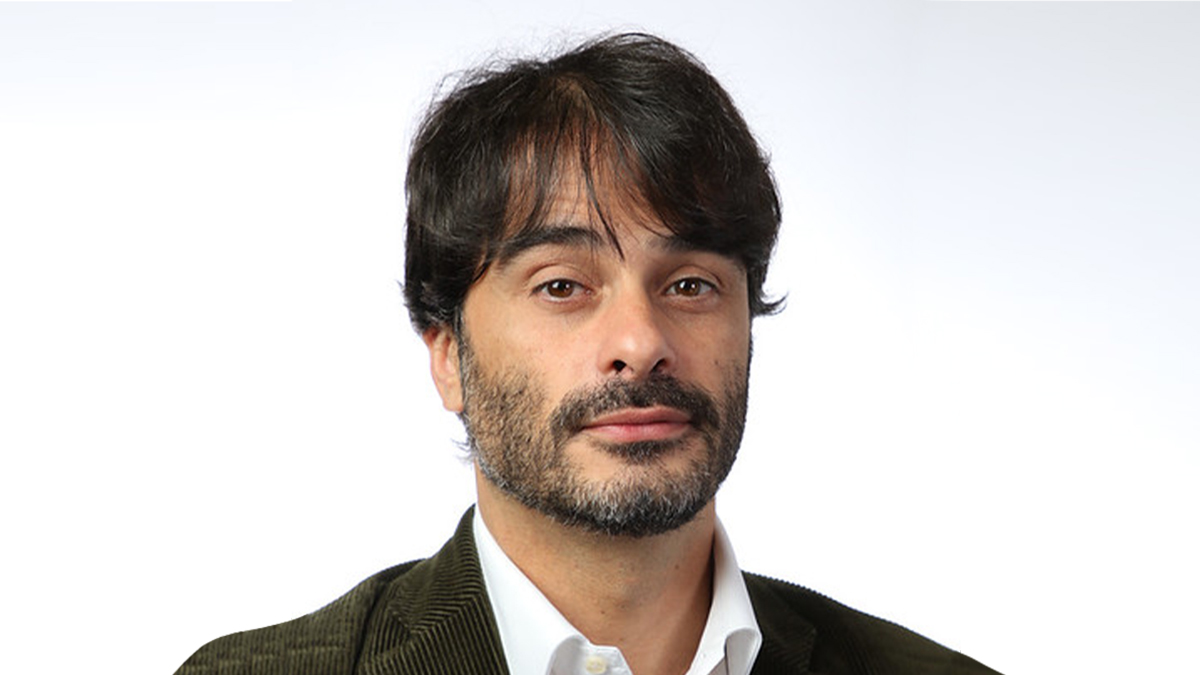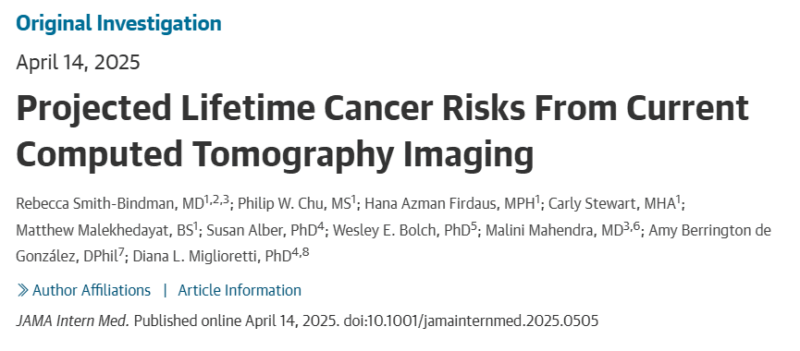
Armando Orlandi: Rethinking medical imaging – new study reveals long-term cancer risks
Armando Orlandi, Medical Director at the Agostino Gemelli University Hospital Foundation IRCCS, shared a LinkedIn post about recent paper Rebecca Smith-Bindman and colleagues authored:
“Rethinking Medical Imaging: New Study Reveals Long-term Cancer Risks
A groundbreaking study published in JAMA Internal Medicine should make us pause and reflect on our medical imaging practices. The research projects that CT scans performed in the US in 2023 alone could lead to approximately 103,000 future cancer cases.
Key findings:
• 93 million CT examinations were performed on 62 million patients in 2023
• Abdominal and pelvic CT scans contribute the highest cancer risk (37% of projected cases)
• If current practices continue, CT-associated cancers could eventually account for 5% of all new cancer diagnoses annually
What this means for healthcare:
This doesn’t mean we should abandon CT imaging – it’s an invaluable diagnostic tool that saves countless lives. But we must be more thoughtful about when and how we use it.
Areas needing immediate attention:
1. Reducing unnecessary follow-up imaging – Particularly in areas like breast pathology, where intensive follow-up protocols are common despite limited evidence of mortality benefit. Many patients undergo multiple sequential imaging studies that expose them to cumulative radiation without demonstrated advantages.
2. Limiting multiphase scanning – Many CT exams use multiple scan phases that significantly increase radiation dose without proportional diagnostic benefit.
3. Implementing appropriate use criteria – We need stricter adherence to evidence-based guidelines for ordering imaging studies.
4. Patient-centered decision making – Discussing radiation risks with patients as part of informed consent, especially for elective imaging.
Moving forward:
As healthcare professionals, we have a responsibility to balance diagnostic thoroughness with radiation safety. This means critically evaluating our imaging protocols and follow-up regimens, especially in areas where evidence of benefit is unclear or limited.
Let’s use this research as a catalyst for positive change in how we approach medical imaging and follow-up care.”
Projected Lifetime Cancer Risks From Current Computed Tomography Imaging
Authors: Rebecca Smith-Bindman et al.

Read more:
New Paper Alert: Low-dose CT for lung cancer screening in a high-risk population (SUMMIT study)
-
Challenging the Status Quo in Colorectal Cancer 2024
December 6-8, 2024
-
ESMO 2024 Congress
September 13-17, 2024
-
ASCO Annual Meeting
May 30 - June 4, 2024
-
Yvonne Award 2024
May 31, 2024
-
OncoThon 2024, Online
Feb. 15, 2024
-
Global Summit on War & Cancer 2023, Online
Dec. 14-16, 2023
